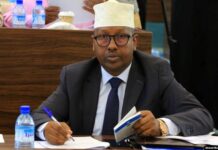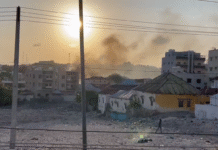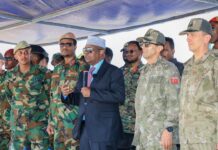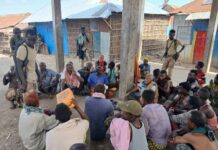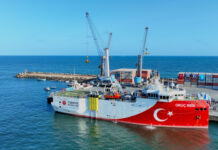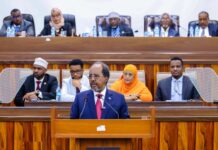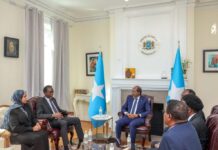The Federal Government of Somalia has made tremendous progress in its bid to achieve
debt relief, the International Monetary Fund [IMF] has said, noting that the Horn of Africa nation has reached a staff level agreement for the fifth review of Somalia’s Extended Credit Facility [ECF] arrangement.
Laura Jaramillo, the IMF chief, said the country has made huge progress despite an acute shortage of food and
drought which has ravaged the country for over three years. The country, she said, is swiftly moving towards the
HIPC Completion Point which could be achieved by the end of 2023.
Despite the encouraging news, Somalia’s estimated GDP growth diminished by 1.7 percent due to drought and
subsequent reduction in remittances. The high cost of food and fuel, IMF noted, led to inflation which hit 6. 8
percent in 2022 but is expected to reduce to 4.2 percent in 2023.
The IMF expects external budget support to remain crucial, even though Somali authorities have committed to
improving revenue collection in 2023. The IMF expressed satisfaction with the continued fiscal reforms, including
the new income tax law and increasing revenue collection from large businesses, especially the telecom sector.
On a positive note, public financial management has been strengthened, and improvements are ongoing in
integrating all employees in the payroll system, fiscal reporting, procurement, and management of non-financial
assets. This, IMF says, would reduce wage bills by eradicating several ghost workers.
The minister of Finance Mohamed Nur welcomed the progress noting that the country is committed to achieving
the plan. The Central Bank of Somalia, IMF added, has massively invested in financial reforms that would help to
improve overall financial sector infrastructure.
Two years ago, the country became eligible for debt relief under the HIPC Initiative, paving the way for the
government to significantly reduce its external debt and create fiscal space for investment in development priorities.
Since then, the country has strived to reach HIPC Completion Point.
By definition, the Completion Point entails the complete cancellation of a country’s eligible debt to the IMF, World
Bank, and African Development Bank. For Somalia to reach the Completion Point, it must meet several
prerequisites, including implementing macroeconomic and structural reforms, poverty reduction and social
development policies, and public financial management improvements.
Early this year, the country approved a $967 million budget for this fiscal year, the highest in history with legislators
calling for prudence during execution. The country mostly depends on financial aid from global lending institutions,
well-wishers with about 30 percent coming from domestic revenue
Source: Garowe Online



